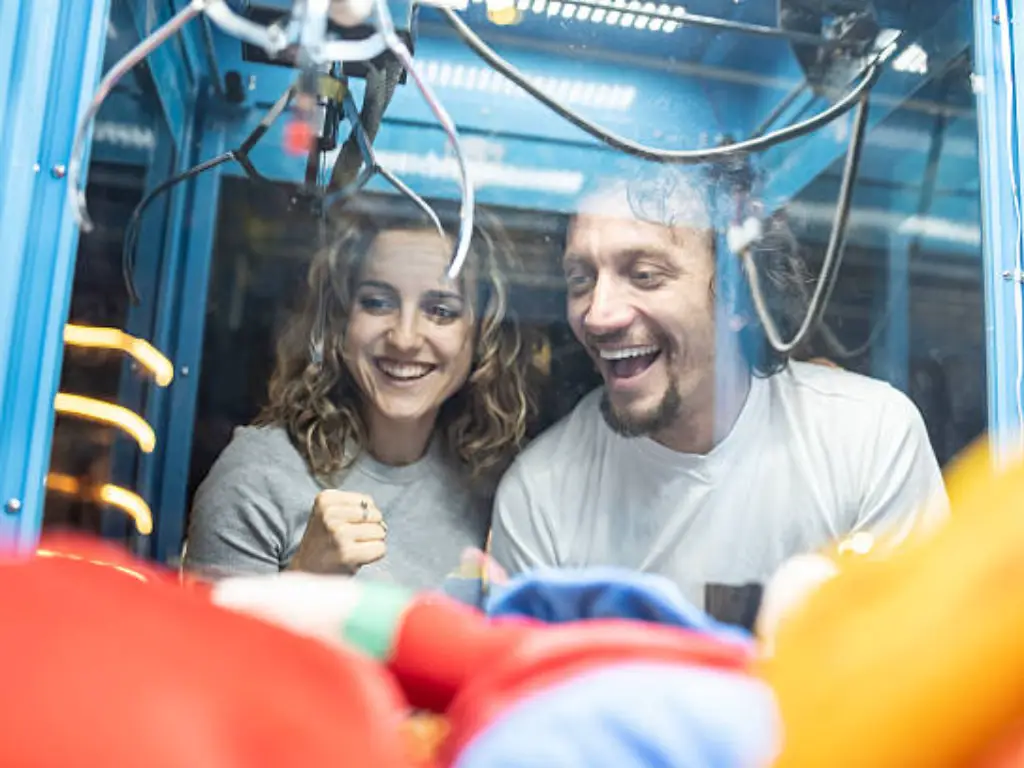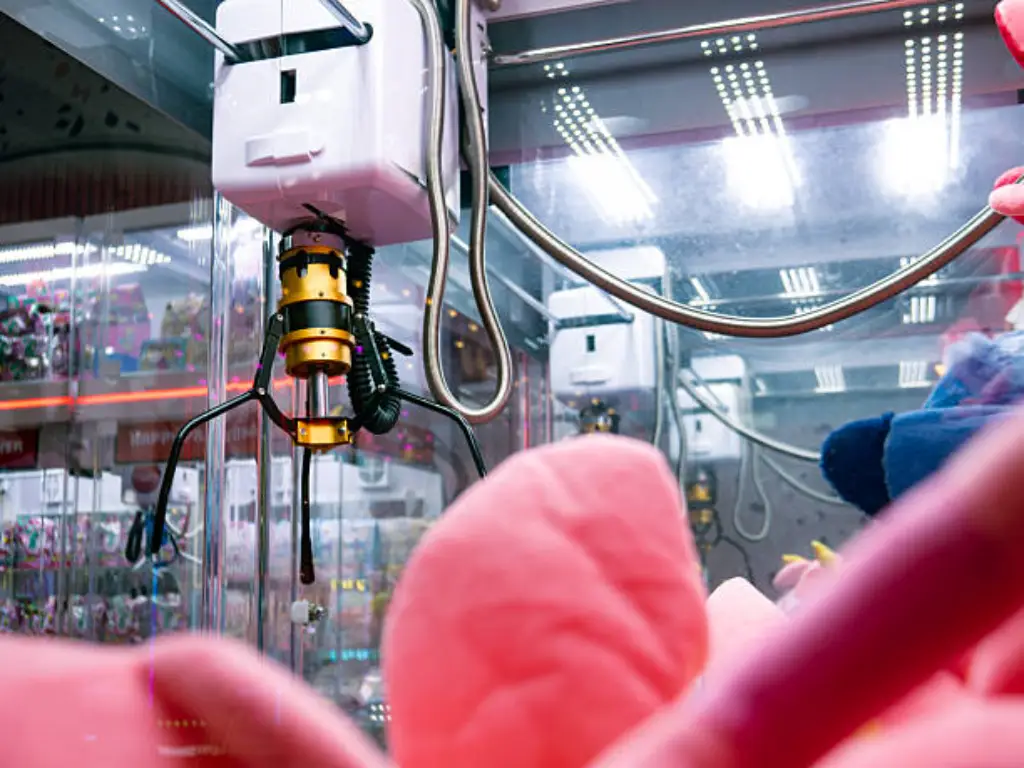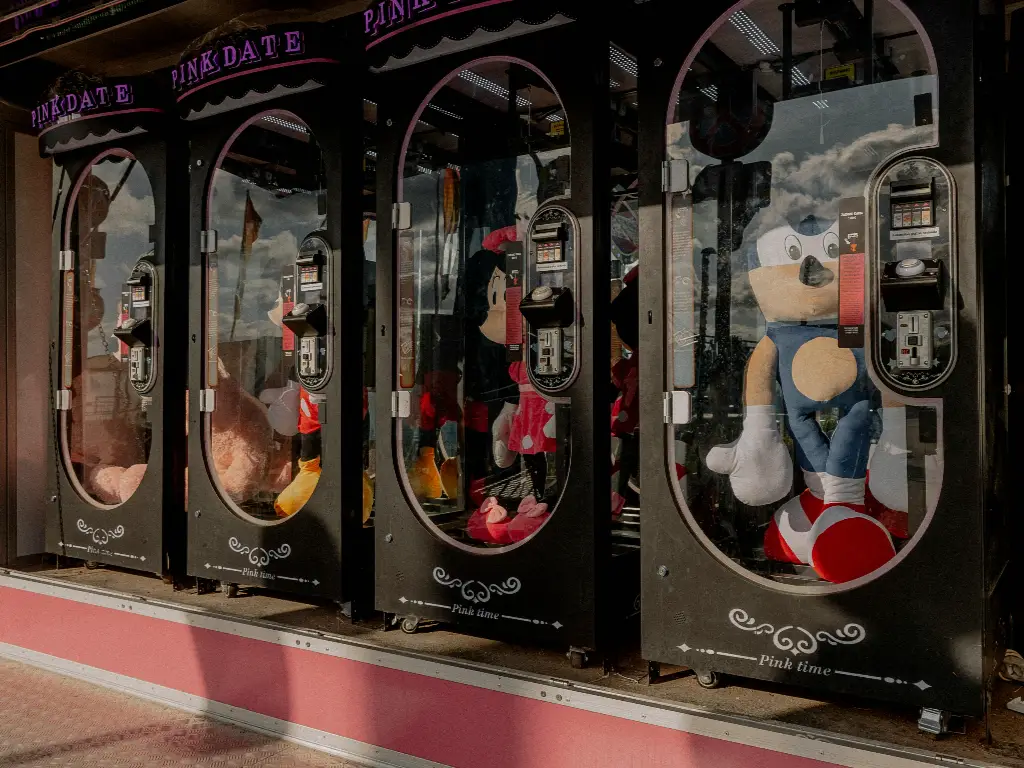Are claw machines gambling? A prima vista, these games might seem like a form of gambling, but in reality, they operate within a unique legal and mechanical framework. While offering the thrill of winning a prize, claw machines blend skill with chance, leading to important questions about their classification.
In questo articolo, we’ll break down the key differences between claw machines and traditional gambling, uncover the psychology behind their appeal, and explore how regulations are evolving to keep up with this popular pastime.
Are Claw Machines Gambling?
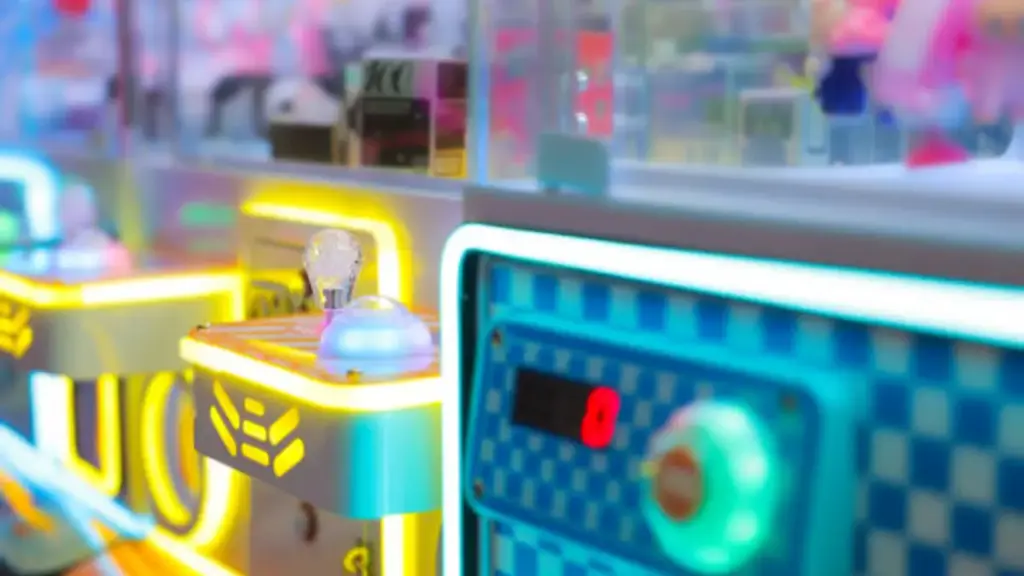
Defining Gambling
Before we delve into whether claw machines are gambling, it’s essential to define what gambling really is. Gambling involves three core elements: randomness, a stake (usually money), and a reward (usually a prize). Simply put, for an activity to be considered gambling, there must be a financial wager with a chance of winning a prize based on an element of chance.
In a claw machine, players typically insert money or tokens to try and win a prize. The randomness comes from the unpredictability of whether the claw will grab the item or drop it.
Tuttavia, the key difference is that claw machines involve a combination of skill and chance, whereas traditional forms of gambling, like slot machines or poker, rely entirely on chance.
The Mechanics of Claw Machines
Claw machines blend both skill and chance, with their core mechanics controlled by a set of predefined rules. While the claw moves randomly across the playfield, its actions—such as the strength of its grip and when it releases the prize—are determined by the machine’s internal programming.
- Calibration and Success Probability
One key feature of claw machines is the success rate, which is often influenced by the machine’s calibration. In some cases, the claw is programmed to grip tightly only after a certain number of plays or monetary inputs. This creates a “win threshold” where players’ chances of success increase after a specific amount of money is spent.
- Skill and Control
While players can influence the outcome through timing and positioning, the internal settings of the machine play a larger role. Even with perfect precision, a player may still fail to grab the prize if the machine isn’t set to allow a successful grip at that moment. This combination of skill and pre-programmed randomness sets claw machines apart from purely chance-based games.
The Legal Status
The legal status of claw machines is where things get murky. In many countries, gambling is tightly regulated by law, and games that involve chance with monetary stakes fall under this category. Tuttavia, claw machines often fall outside of these definitions because they are perceived more as games of skill than pure gambling. Per esempio:
- In the United States, claw machines are generally exempt from gambling laws, provided they meet certain criteria, such as ensuring the skill element is dominant over the randomness.
- In Giappone, claw machines offering cash prizes are treated similarly to gambling, with stricter regulations in place.
Ancora, in some jurisdictions, claw machines are subject to local gambling regulations if they offer cash prizes instead of physical items. This highlights the complexity of determining where a game like the claw machine fits within the broader gambling framework.
The Psychology of Claw Machines: Why Do Players Keep Playing?
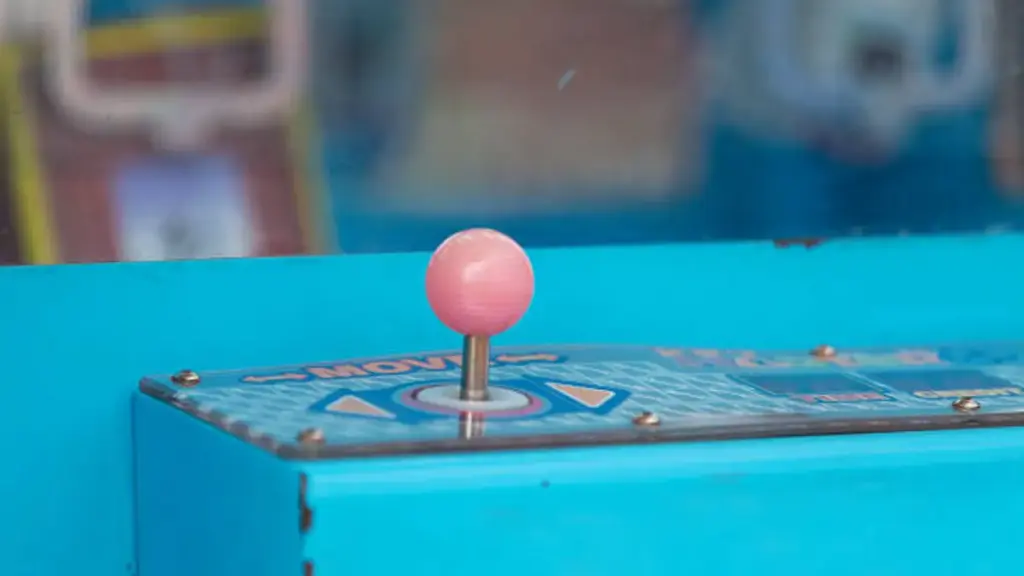
One of the most intriguing aspects of claw machines is the psychological effect they have on players. Despite the odds often being stacked against them, players keep coming back for more. Why is that?
The Allure of “Near Wins”
A significant factor that drives players is the concept of near wins. When a player almost grabs a prize but loses it at the last second, their brain registers a “close call.” This creates a dopamine surge, which motivates them to try again.
This feeling is similar to the “near miss” effect seen in traditional gambling. Even though they lost, players feel like they were close to success, which encourages them to keep playing.
The Role of Reinforcement
Claw machines also leverage a concept from behavioral psychology known as variable reinforcement. In simple terms, this means that the rewards (premi) are given at random intervals. This randomness heightens the player’s desire to continue, as they never know when the next win will occur. Infatti, studies have shown that variable reinforcement leads to higher levels of persistence and engagement than fixed rewards.
The Social Influence
Finalmente, the social aspect of claw machines plays a role in their appeal. In many settings, such as arcades or shopping malls, players are surrounded by others. Watching someone else win a prize can serve as a social motivator. It signals that the machine is winnable, which encourages others to try their luck as well.
The Role of Skill in Claw Machines: Does It Affect Your Odds?
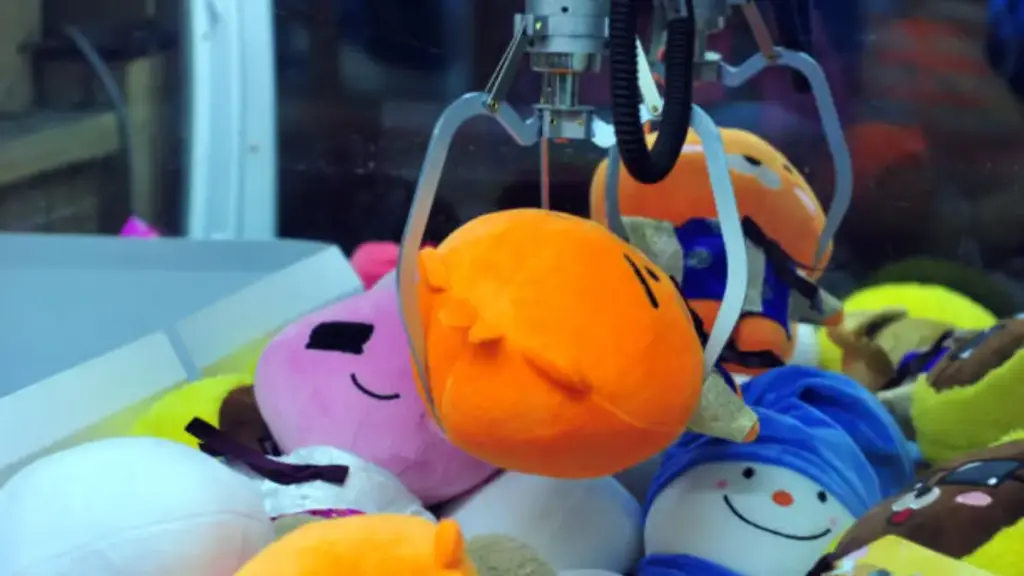
As we discussed earlier, skill plays a role in the success rate of claw machines. But how much does it really matter?
The Importance of Timing and Precision
In many claw machines, skillful timing and precise control of the claw can increase the likelihood of winning. Players who can gauge the right moment to drop the claw or position it properly may have better odds than those who just rely on luck. Tuttavia, the overall effect of skill is often limited by the machine’s settings, which may not allow for significant changes in Tariffe di pagamento.
The Power of “Power Plays”
Many advanced players use power plays—strategies that involve testing the machine’s behavior over several attempts to identify patterns or weaknesses. Ad esempio, some players may intentionally let the claw fail at first to gauge how tightly it grabs the prize.
After a few rounds, they may adjust their technique to match the claw’s behavior, increasing their chances of success. This illustrates the role of skill but also underscores the fact that claw machines are not purely random; there is a mix of skill, tempismo, and chance involved.
Claw Machines vs. Gambling Machines
A prima vista, macchine ad artigli and traditional gambling machines may appear similar. Both involve inserting money and the possibility of winning a prize. Tuttavia, the key differences lie in the gameplay mechanics and outcome control.
Chance vs. Abilità
As we’ve already established, traditional gambling machines (like slots) rely almost entirely on chance, with little to no player influence. Macchine ad artigli, d'altra parte, allow for a degree of skillful play, which can influence the outcome. Although the odds of success are often stacked against players, they still feel more in control compared to the randomness of gambling machines.
Prize Structure
Another key difference is in the prize structure. Gambling machines offer cash payouts or credits that can be converted to money. Claw machines typically offer physical prizes, which are often of low monetary value. This difference further separates claw machines from gambling in the legal and regulatory sense, as they do not involve direct cash rewards (unless specified by the local regulations).
Ethical Concerns: Are Claw Machines Designed to Be Addictive?
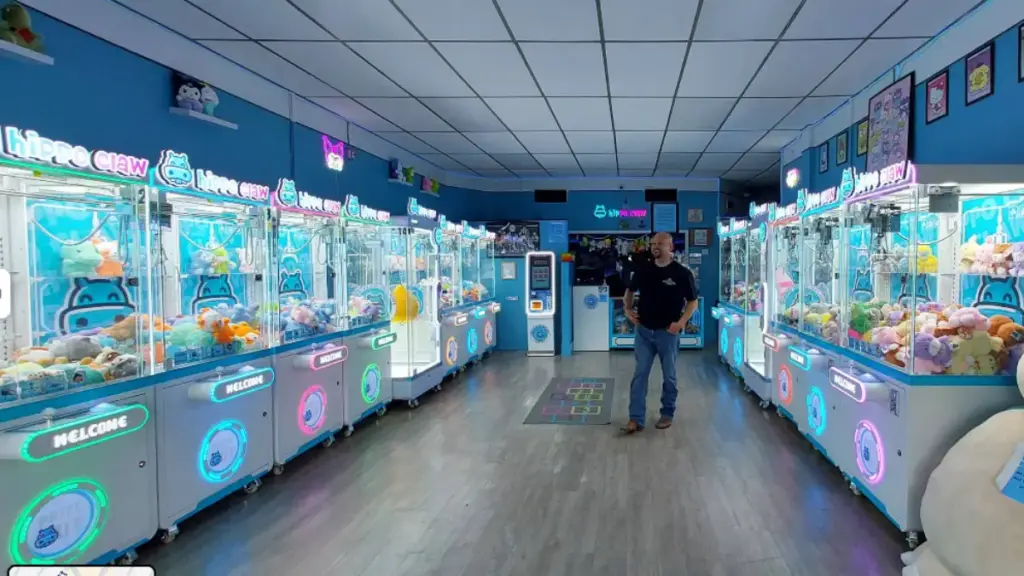
Claw machines can indeed trigger addictive behavior, particularly through psychological elements like near wins and variable reinforcement, which encourage players to keep trying. These mechanisms are known to exploit the brain’s reward system, making the experience more enticing, especially for younger players. This raises valid concerns about the potential for addiction, especially in environments with a high concentration of vulnerable players.
A Tongru, we understand these concerns and take them seriously. We’re committed to designing claw machines that strike the right balance between fun and fairness. Our machines are carefully calibrated to ensure a transparent, enjoyable experience for both players and operators.
Future Trends and Industry Views on Claw Machines as Gambling
The future of claw machines will likely involve greater scrutiny from regulators and a push toward more transparent practices. As machines become increasingly sophisticated, manufacturers will need to strike a balance between offering fun and entertainment while ensuring that they do not cross ethical or legal boundaries.
- Regulators are likely to push for clearer definitions around what constitutes gambling and ensure that claw machines don’t inadvertently promote addictive behaviors.
- Operators will need to adapt to changing regulations, balancing their business interests with a commitment to responsible gaming.
- Consumers, especially those who view claw machines as pure entertainment, may continue to enjoy them but could become more cautious if they perceive these machines as increasingly manipulative.
With the right operation and adherence to regulations, claw machines can continue to provide fun and excitement while staying within legal boundaries. Che tu sia un operatore o un giocatore, understanding the mechanics behind these machines only enhances the experience.
COSÌ, the next time you spot a claw machine, give it a try—you never know, your skill might just win you that prize! As the industry evolves, there’s always room for innovation and even more enjoyable experiences ahead.













